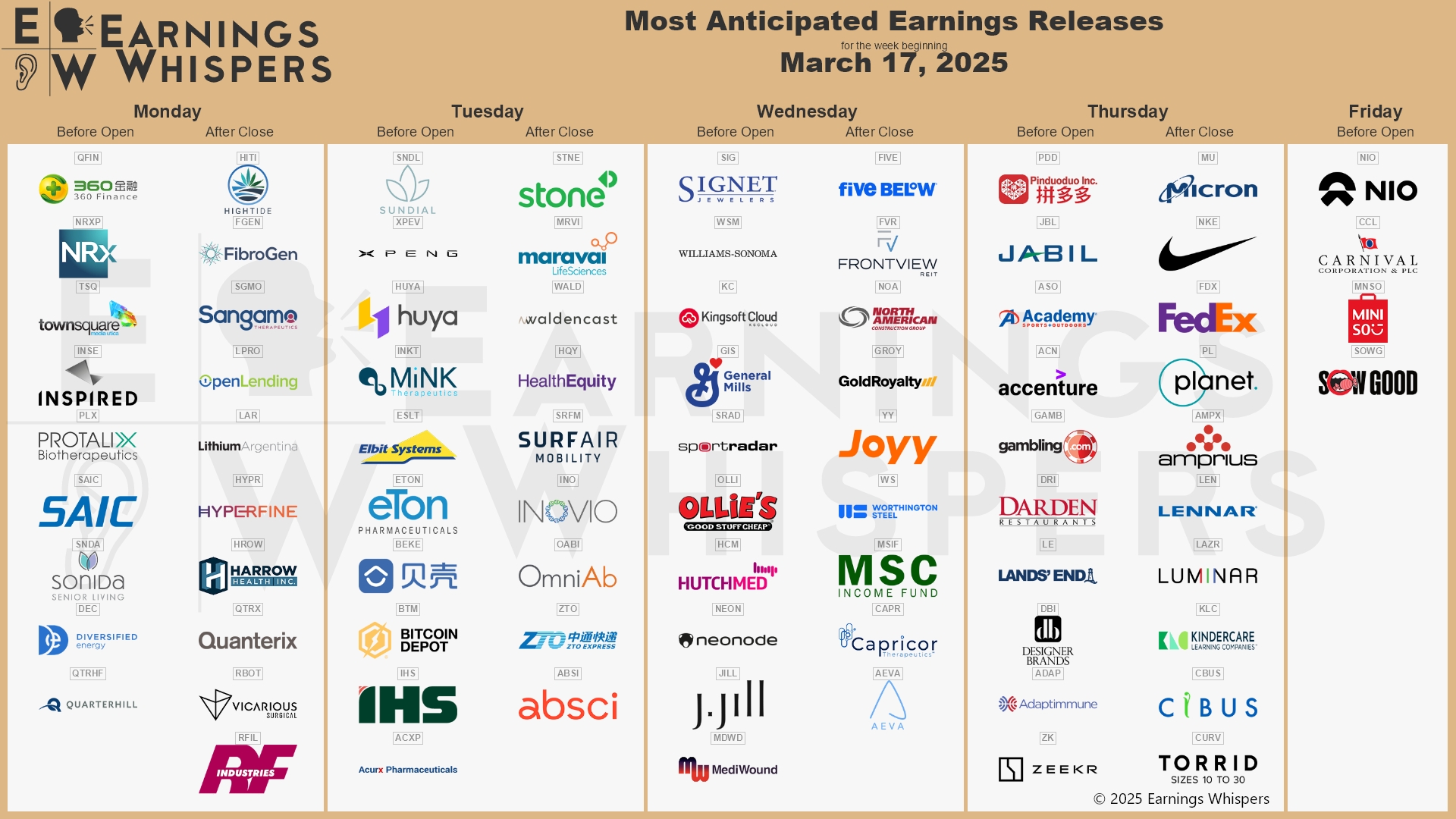Investors Aren’t Rewarded for Predictions
They’re Rewarded for Preparation
There’s no shortage of people trying to predict what the market will do next. Analysts flood financial news with projections—bull markets, bear markets, recessions, rate cuts, inflation trends. Every day, some talking heads claim they have the answer.
But here’s the reality: investors aren’t rewarded for making the right prediction. They’re rewarded for preparation.
Can You Control Volatility? No.
Markets are inherently volatile. Since 1980, the S&P 500 has had an average intra-year decline of 13.9%, even in years when the market ended positively. (LPL Research)
Investors who panic and sell during market downturns often miss the recovery. Consider this: from 2003 to 2022, missing just the 10 best days in the S&P 500 cut total returns by more than 50%. (LPL Research)
The problem? The best days tend to come during the worst periods of volatility. That’s why trying to time the market is so dangerous—getting both the exit and reentry right is nearly impossible.
So, can you control whether the market crashes next month? No. But you can control whether you panic and sell at the worst possible moment.
Can You Control How You React to Volatility? Absolutely.
While markets are unpredictable, your strategy doesn’t have to be. Investors who stay disciplined—those who prepare instead of predict—consistently come out ahead.
Consider this:
- Dollar-cost averaging smooths out market timing risk by ensuring you’re not overexposed to short-term swings.
- Tax-loss harvesting turns volatility into an opportunity, using downturns to offset taxable gains.
- Rebalancing portfolios forces disciplined decision-making, systematically buying low and selling high over time.
These are behaviors you can control. They don’t require a crystal ball—just a plan.
The Real Leverage: Positioning, Not Predictions
Guessing the next market move is a distraction. The best investors understand that the real advantage comes from positioning themselves to benefit no matter what happens—and knowing that it probably won’t be what they expect.
Warren Buffett has said it best:
“The stock market is designed to transfer money from the Active to the Patient.”
BlackRock’s research supports this. Their long-term studies show that asset allocation and behavioral discipline drive the majority of returns—not market timing.
And the data proves it:
- Dalbar’s annual Quantitative Analysis of Investor Behavior shows that the average investor underperforms the market by 3-4% annually, largely due to emotional decision-making. (PR Newswire)
- Investors who react emotionally often end up chasing performance and mistiming the market, costing themselves long-term returns.
Jumping in and out of the market based on predictions doesn’t just increase stress—it erodes wealth.
The Details That Compound Over Time
Great investing isn’t about being right in the short term. It’s about getting the small things right over decades:
- Tax efficiency: Minimizing drag through smart asset location, capital gains deferral, and tax-aware rebalancing.
- Disciplined decision-making: Avoiding emotional trading, sticking to a process, and ignoring market noise.
- Patience: Letting a strategy play out rather than constantly chasing the next “big thing.”
These factors aren’t flashy, but they work. And unlike market predictions, they’re entirely within your control.
Ignore the Noise. Focus on the Process.
The financial world thrives on speculation, but investors who prepare—not predict—win in the long run.
Instead of trying to outguess the market, focus on what you can control: your behavior, your discipline, and your process.
Because while markets fluctuate, a well-executed plan always compounds over time.
Stock market calendar this week:
| Time (ET) | Report |
| MONDAY, MARCH 17 | |
| 8:30 AM | U.S. retail sales |
| 8:30 AM | Retail sales minus autos |
| 8:30 AM | Empire State manufacturing survey |
| 10:00 AM | Business inventories |
| 10:00 AM | Home builder confidence index |
| TUESDAY, MARCH 18 | |
| 8:30 AM | Housing starts |
| 8:30 AM | Building permits |
| 8:30 AM | Import price index |
| 8:30 AM | Import price index minus fuel |
| 9:15 AM | Industrial production |
| 9:15 AM | Capacity utilization |
| WEDNESDAY, MARCH 19 | |
| 2:00 PM | FOMC interest-rate decision |
| 2:30 PM | Fed Chair Powell press conference |
| THURSDAY, MARCH 20 | |
| 8:30 AM | Initial jobless claims |
| 8:30 AM | Philadelphia Fed manufacturing survey |
| 10:00 AM | Existing home sales |
| 10:00 AM | U.S. leading economic indicators |
| FRIDAY, MARCH 21 | |
| None scheduled |
Most anticipated earnings for this week

About Amit: I am a first generation American, the son of a working-class Indian family, and I lived through my parents’ struggle to find their place in this country, to put down roots that would sustain them as well as their children in a new land. As they encouraged me to excel in school and fostered my hobbies and interests, I was keenly aware of the dynamic between them. I understood that there was a difference between where they came from individually and where we were now. They worked hard in their individual capacities, but they weren’t always on the same page about financial issues – and that can make or break a family’s future. I didn’t know it at the time, but this laid the groundwork for my passion towards financial services and helping families succeed.

